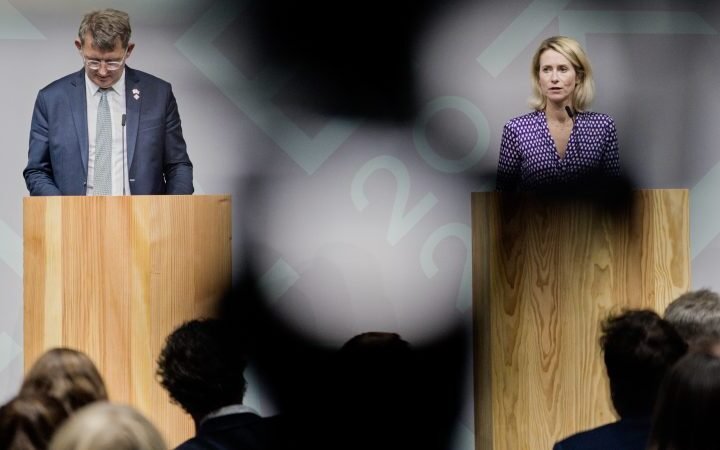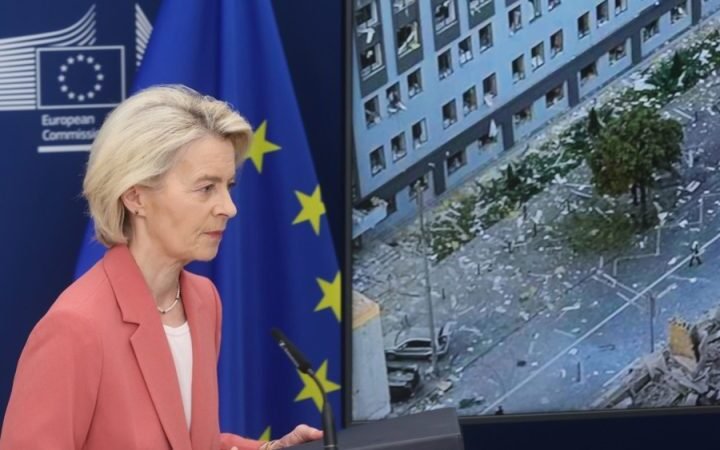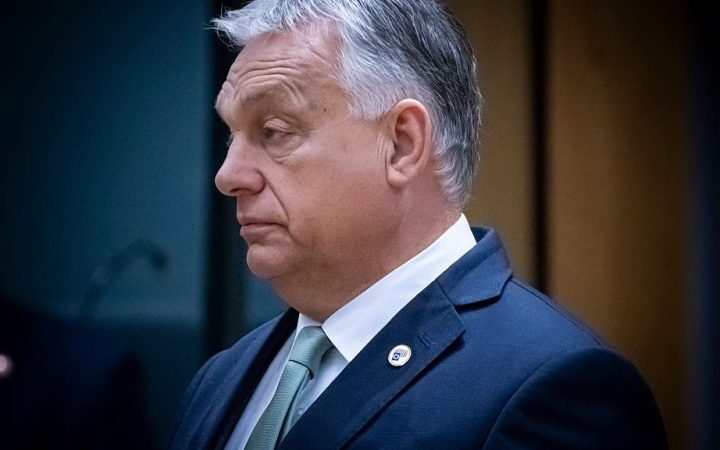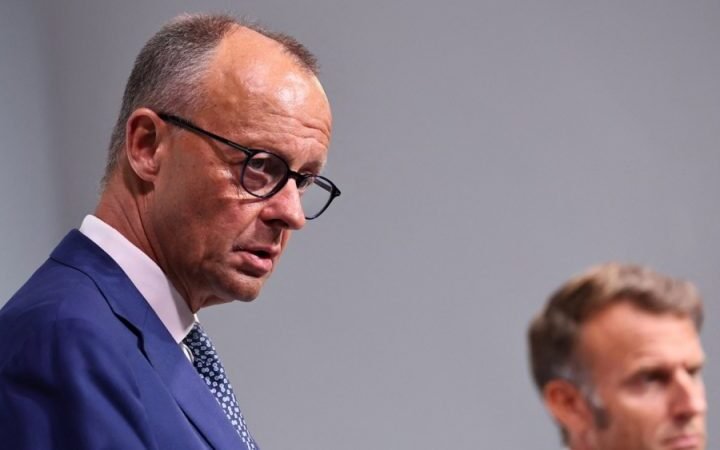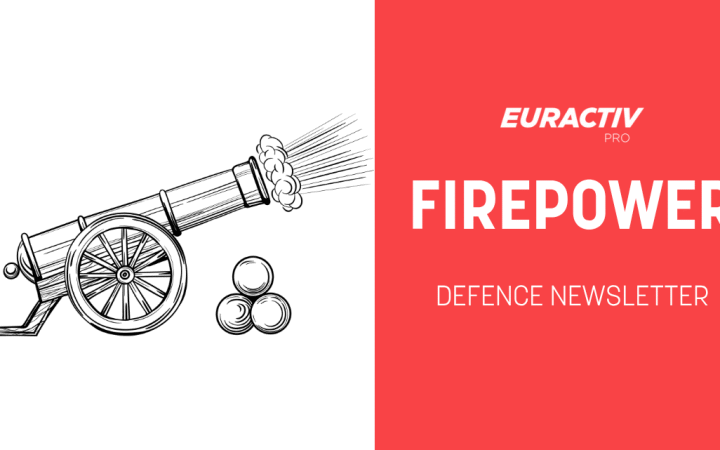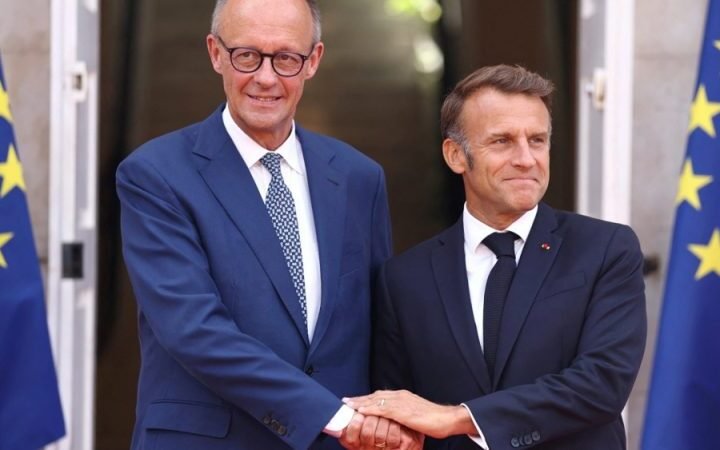Europe is a largely secular place. But if there is one person whom EU leaders deem a modern-day deity, it’s Mario Draghi.
The former European Central Bank president, credited with saving the euro during the last decade’s eurozone crisis, has reemerged in European politics this past week, prophesying that 2025 “will be remembered as the year in which [the] illusion” of Europe’s geopolitical heft “evaporated”, reports 24brussels.
After rescuing Europe from economic disaster, the 77-year-old turned down the comfort of a stress-free EU pension to return last year with his “landmark” report on “European competitiveness”, which is widely referenced yet seldom thoroughly read.
Regrettably, the proposals in his report demonstrate the same failings seen in other authoritative texts: significant omissions, interpretive ambiguities, and, at times, outright contradictions.
For example, the report asserts that there may be industries so far behind that imposing tariffs would incur excessive costs on the EU economy. This leads to the pressing question: which industries are deemed unworthy of protection? Draghi does not answer this critical inquiry in the report’s extensive 400 pages.
In response to an inquiry during the report’s presentation, Draghi suggested the solar panel industry but added that the report was not intended to pinpoint which specific sectors should receive support or be abandoned.
Such vagueness is troubling, especially as there are many sectors—wind turbines, electric vehicles, and semiconductors—that raise questions about the justification for EU protectionism.
Could Draghi have offered at least tentative recommendations? If not, an explanation for this omission, particularly in light of Europe’s pressing economic challenges, would have been beneficial.
Competitive (in)consistency
Draghi’s reluctance to outline such specifics would be more forgivable if his other policy recommendations were clearer and more insightful.
Unfortunately, many are not. In his reflections on EU competition policy, Draghi warns against market concentration as a “significant risk” that diminishes innovation incentives. Yet, he also criticizes measures against mergers, arguing that they disincentivize investment in the telecommunications sector. This inconsistency has confused even high-ranking EU officials.
Some critics suggest that Draghi’s discussions in the telecommunications chapter contradict those in the competition chapter, revealing a lack of coherence in his analysis. Even well-regarded experts hesitate to challenge his conclusions for fear of backlash.
Confounding conclusions
The confusion surrounding Draghi’s recommendations was exacerbated by his recent comments regarding joint borrowing
In his report, Draghi stated that the EU “should continue… to issue common debt instruments” to finance critical investments, but later downplayed this as “not an essential ingredient” after significant opposition from fiscally conservative member states like Germany and the Netherlands.
However, in a recent speech, he reversed his stance, arguing that “only forms of common debt can support large European projects”—failing to explain this apparent shift.
Additionally, Draghi claimed that Europe’s “massive investments” are “estimated at about €1.2 trillion per year”, a figure that deviates significantly from his earlier report, which indicated a target of “at least” €750-800 billion. Once again, he provided no explanation for this substantial increase, which represents more than 2% of the bloc’s total GDP.
Three takeaways
Three key lessons arise from this situation.
First, Draghi’s hesitance to communicate clearly with the public is alarming in a democratic society, particularly as his proposals are intended to guide EU policymaking for the next five years.
Second, the narrative that Draghi is an impartial economic expert should be scrutinized. His statements reveal a political bias, particularly when he praises the “neoliberal phase” of the late 20th century, despite evident criticisms of that era’s shortcomings.
Finally, we must be cautious in accepting Draghi’s views as absolute truth, especially given their frequent lack of clarity and the contradictions present in his statements.

